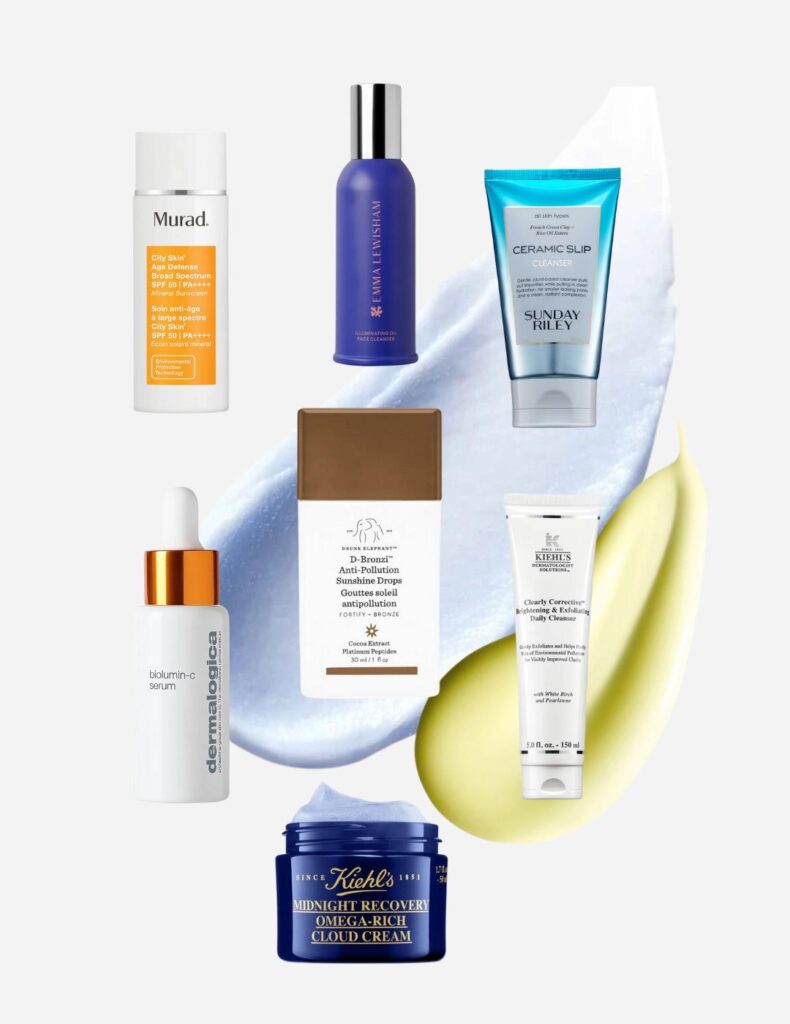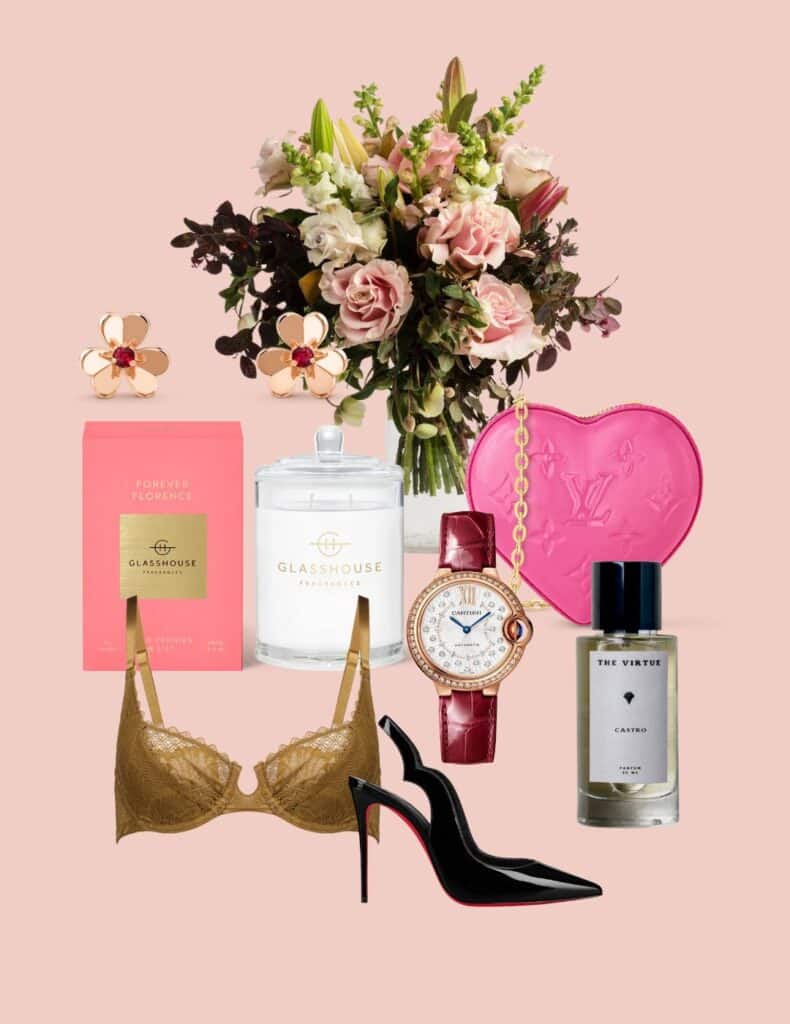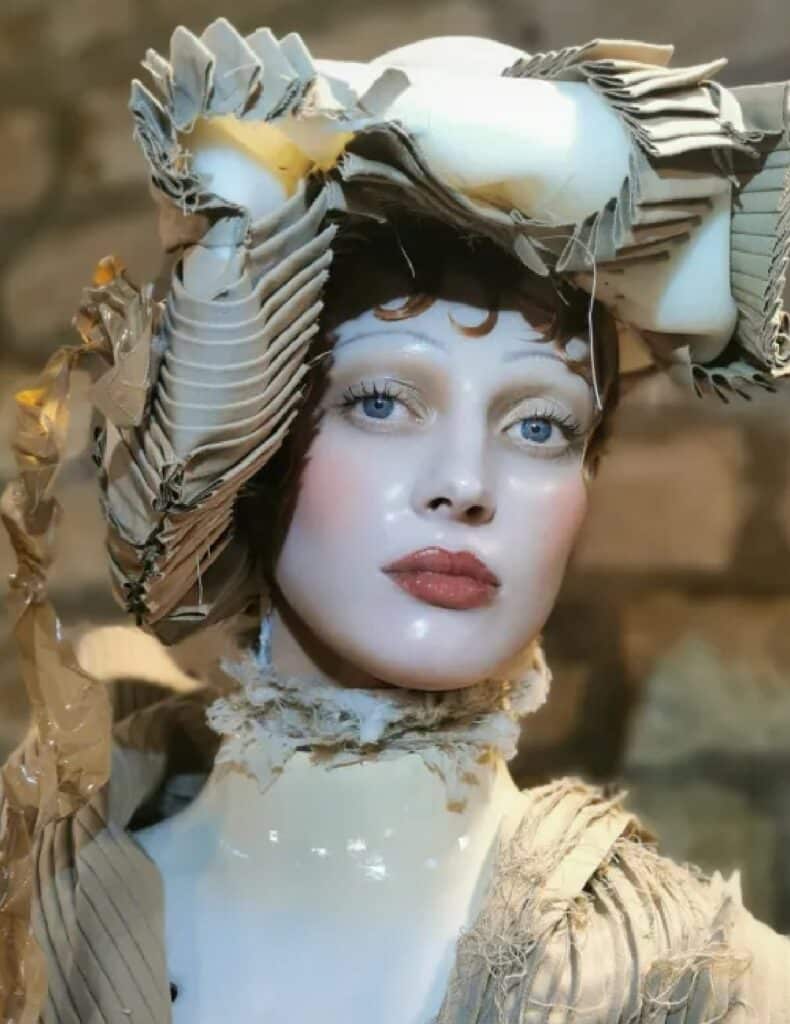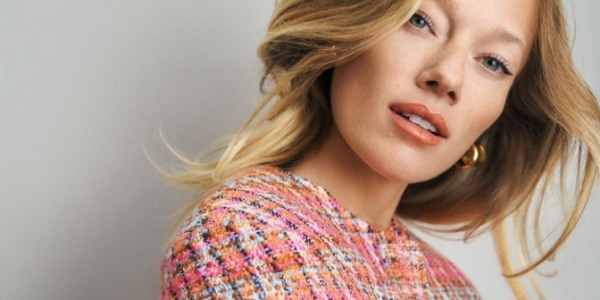Three Kiwi women who ditched dissatisfying jobs to pursue their passions tell us how it’s done — and what they’ve learned along the way.
CLAIRE ROBBIE
@clairerobbie | @jackandoliveretreats | @nobeerswhocares
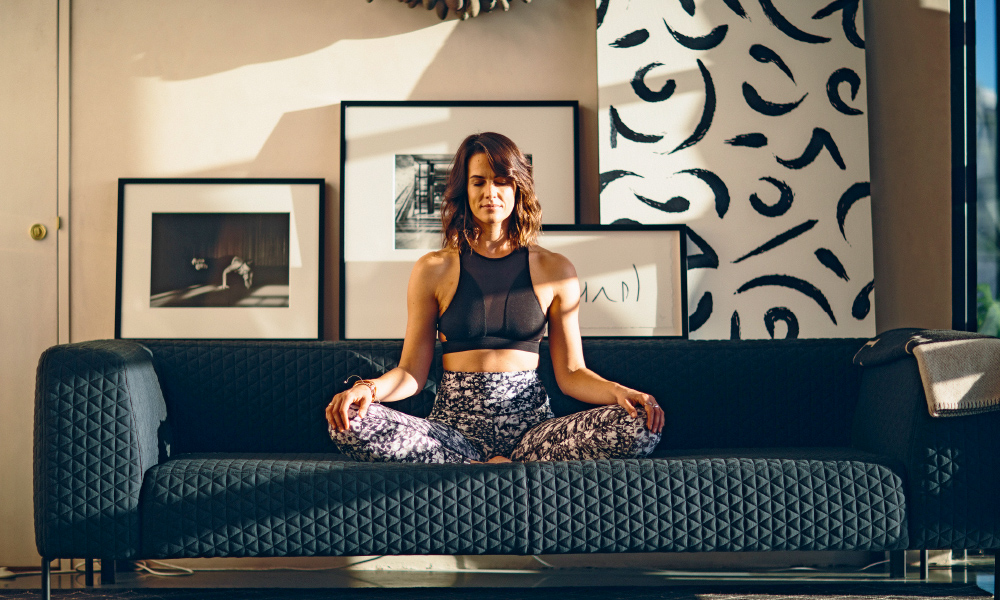
Claire Robbie (37), was a news reporter on TV3’s Nightline before a tumultuous time living and working in Los Angeles led her to discover the life-changing benefits of yoga and meditation. At a low point in her life, what started as a hobby became an integral part of Claire’s healing process, and as her love for the practice grew, so too did the sense that she had discovered a new vocation.
Now based again in Auckland, the yoga and meditation instructor is dedicated to sharing her passions, whether it’s in class or at a Jack & Olive wellness retreat, the side-business she founded in 2013. Also the founder of mindful drinking movement No Beers? Who Cares!, the single mother is worlds away from her old LA lifestyle. But some habits die harder than others, and as she circles back around to a TV reporting role, Claire reflects on the career 180 that’s just come the full 360, and what she’s learned about having it all.
How did you wind up in the media industry — what about it initially appealed?
Growing up, I always had an affinity for storytelling, a desire to be of service, and an overwhelming need to be part of something greater than myself. I studied political science at Auckland University and had visions of working for the Red Cross or the UN or as a war correspondent. At the age of 21 I left New Zealand for Japan where I got a job at an English radio station and my ‘journalism’ career was off. From there I moved to China and worked as a radio reporter before returning to NZ and a job on Nightline, which I absolutely loved.
When did you realise the industry wasn’t for you?
Actually, I was dragged from Nightline kicking and screaming. My ex-husband got a job in Los Angeles so we moved there for him. I couldn’t get a work visa for a couple of years so I started doing a lot of yoga to fill in my time and found that I loved so much about it. When we got our Green Cards and I could legally work again I got a job in marketing and events at a beautiful boutique LA hotel, but it ended up being one of the most high-stress and toxic jobs I’ve ever had. The Hollywood party lifestyle also started taking its toll on me.
What prompted your career change?
At this time, I was going through some pretty intense personal stuff and re-evaluating a lot. In the space of a couple of months I left my husband, quit my job, gave up drinking, and started my yoga-teacher training — a pivotal moment and a decision I’m so pleased I made. Living in LA, I got to train with some of the world’s best teachers and pretty quickly yoga became my life.
Tell us more about what you do now.
I teach yoga classes at Auckland’s Studio Red and run meditation courses throughout the year, as well as retreats in Bali, Mexico, and other amazing places. Of course, you can’t teach what you don’t practice, so I start every day with meditation, which is hands down the most transformative life-tool I have ever been given. Without it I wouldn’t have the wherewithal or inner resilience to do all the different things that I do. This includes No Beers? Who Cares! for which I put on events around Auckland, and funnily enough, I have just started back in TV, reporting part-time for Seven Sharp. As a single mum, I also have to work around my number-one priority — my three-year-old son, Jack. But I have an exceptional mum who is basically my wife and helps with EVERYTHING. I feel incredibly blessed that I have the opportunity to do all the things I love.
What made you gravitate towards your new professions?
Having experienced the effects of both yoga and meditation on my own life, sharing them felt like the most natural thing in the world. I also love talking to people. The human experience fascinates me.
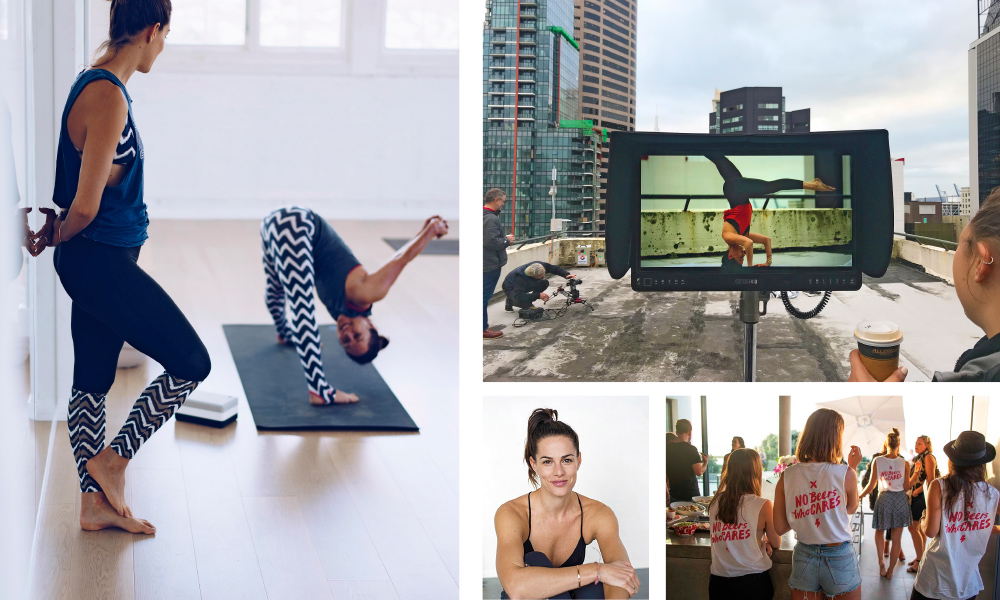 Claire Robbie is so grateful that she has yoga and meditation in her life that she feels compelled to help others discover it too.
Claire Robbie is so grateful that she has yoga and meditation in her life that she feels compelled to help others discover it too.
How did your previous work prepare you for what you do now?
I’m grateful that communication and language has always been a big part of all the jobs I’ve had, as writing is now one of my greatest skills and, being self-employed, I have to do a lot of it. Plus all my own photography, graphic design, accounting, forward planning, marketing, and social media, for which my understanding of the media, PR, and marketing industries has put me in good stead. Having worked as an event planner in Hollywood I also know how to roll out a high-quality event, which is exactly what a Jack & Olive retreat is.
What gaps in your knowledge did you have to fill?
I’m a perpetual student and my yoga-teacher training is ongoing. However, I also teach what I know, sharing what I experience in my body and mind, and the things that have helped me with such universal conditions as anxiety, depression, as well as the stresses of motherhood and life in general.
What’s it like working for yourself?
It’s better than I ever could have imagined — once you experience the freedom of being your own boss, it’s tricky to go back to other work. That being said, it comes with a different level of stress in the sense that you are your everything. If you or your child gets sick and you can’t work? No pay-cheque. Plus no Kiwi Saver or paid holidays or maternity leave… basically you have to be okay with a certain level of financial instability. But I got used to that and quickly realised that true stability doesn’t come from a regular pay-cheque, it’s an inside job.
What are the biggest challenges you face in your work?
Keeping disciplined. When I was a journalist we had daily deadlines and I work really well under that kind of pressure. I can be a massive procrastinator so you have to set goals and be vigilant with them which is much easier said than done.
What are the rewards?
Freedom. The complete joy of being the motor in your own boat can’t be put into words. I love being able to prioritise my health and well-being, and that I get to spend more time with my son.
How has the change of scenery in your professional life made way for personal growth?
I’m often out of my comfort zone and have gotten used to that feeling — to the point where I now love the unknown. I’ve also completely shifted my values. Certain things just aren’t as important to me anymore.
What’s your advice to anyone considering a drastic career change?
Life’s too short to spend focused on material gain or ‘enjoying’ a false sense of security in jobs or relationships or environments that aren’t really you. Trust yourself and just think about what you might do if you knew life was rigged in your favour — because it is!
SAMANTHA COPLAND
@perfumeplayground | perfumeplayground.co
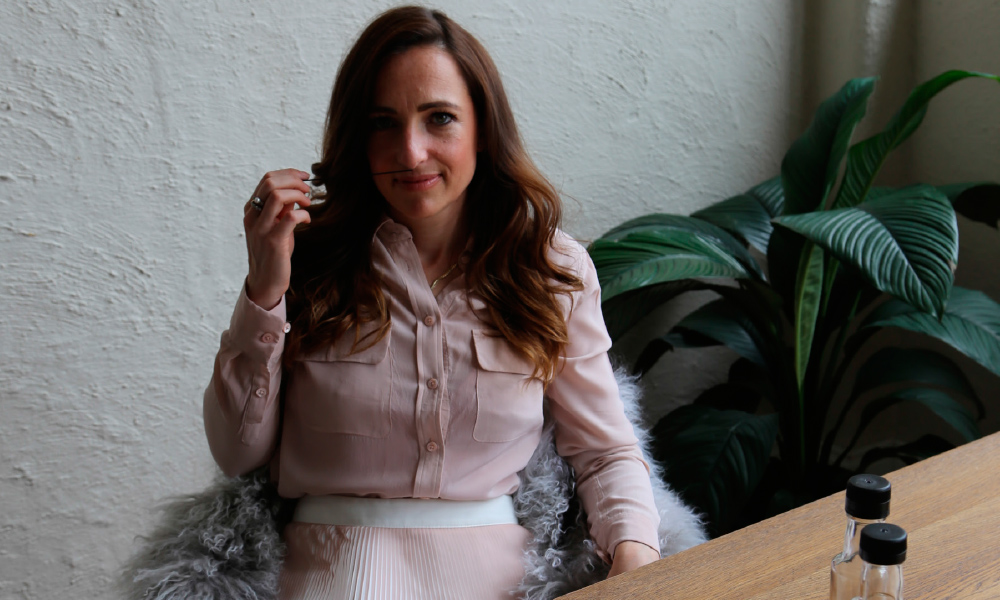
A former commercial project manager for both the Bank of New Zealand and small-business incubator The Icehouse, Melbourne-based Kiwi Samantha Copland (36), is no stranger to start-ups. But having spent several years working to strengthen the capabilities of other small-business owners in New Zealand, Samantha now finds herself on the other side of the coin as the founder of Perfume Playground — a unique fragrance company which works with corporate clients to design limited-edition, natural fine fragrances for events, as a branding exercise, or to mark a special occasion. She talks to us about practising what she once preached, and how she nailed that perfect blend of finance, science, and romance.
How did you initially wind up in the commercial sphere?
I hold a Bachelor of Science majoring in pharmacology and psychology. However, I always wanted to work for a not-for-profit and develop commercial acumen. Following a stint in London doing project management I contemplated going back to university to study international business, but I learned of The Icehouse and its visionary leader and CEO, Andrew Hamilton, and set my sights on working there.
What made you realise your job wasn’t for you?
It was about return on investment. I’d always focused on career progression and earning capability, and during my 20s I worked extremely hard, often sacrificing social and family engagements for work and mental stimulation. When I was 31, I lost a very special relationship and this started a chain reaction of internal introspection. Not long after, I was promoted for the fourth time within the organisation and went through a period of rapid personal growth. I knew I couldn’t work any harder, so was trying to figure out how to work smarter. It also came down to workplace politics and shifting values.
What was the tipping point?
I was pushed! About a dozen of us were made redundant in September 2015. It wasn’t a particularly pleasant experience, but I’d recently been to a corporate function with a female superior where she spoke to 200 or so balding white men, and I remember thinking to myself, ‘Is this it? Is this what I have to look forward to?’
Tell us more about Perfume Playground.
It’s as playful as the name suggests. Don’t get me wrong, I work hard — often well into the night. But my days are filled with art, travel, sport, events, business, science, and scent — basically my dream come true — so it never feels like work. As founder, I envision and manage all aspects of the business, but ultimately, it’s about creating fragrance that moves people. This means discovering, designing, and translating people’s stories into natural, empowering, precious, and personal scent. A favourite part of my job is hosting ‘sensory experiences’ in collaboration with the Auckland Art Gallery, for which I travel between Australia and New Zealand every two months. It’s about sharing knowledge and creating a place for people to explore their senses and reconnect with their natural wonder and wisdom.
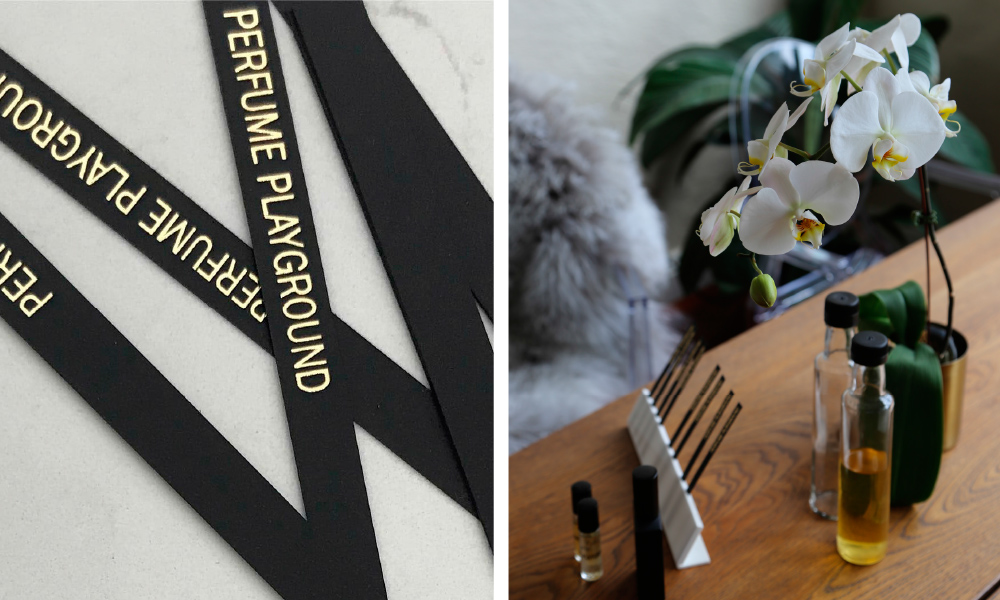 Samantha Copland’s inspiration for her fragrance brand comes from all the people, places, and things she’s surrounded by in her new and improved life.
Samantha Copland’s inspiration for her fragrance brand comes from all the people, places, and things she’s surrounded by in her new and improved life.
What made you gravitate towards your new profession?
In some ways, I feel the profession chose me. On a visit to India I stumbled across a perfume shop in Rajasthan where I was drawn to a number of crystal glass bottles. I purchased them on a whim, despite being warned that India Post was unlikely to deliver them, promising to follow my dream if they made it safely home.
How did your previous work prepare you for what you do now?
I love my time in the scent lab exploring and refining ideas — it’s always nice to get a break from the computer. But business is business, and The Icehouse taught me the importance of creating strong foundations in how you run things day-to-day. Being immersed in an ecosystem of small- to medium-sized businesses also exposed me to other owner-managers, from whom I picked up key systems and processes, and learned the importance of designing for the customer first. It’s very hard to scale if things are not done in order and you don’t focus on your clients’ needs.
What gaps in your knowledge did you have to fill?
I needed to learn how to make perfume! I researched different options but I’d read Mandy Aftel’s Essence and Alchemy when I was 19, and before I knew it I was flying to Berkeley, California to study with her. In preparation, I did six months of self-study in the garage of my flat in Ponsonby, and at the same time I opted into Marie Forleo’s business school, learned how to photo-read, listened to paraliminals, and researched the market, looking at what both the niche fragrance brands and global fragrance houses were doing. I also studied Bach flower essences in Sydney, attended aromatherapy, plant shamanism, medical herbalism, and Rongoa Maori medicine workshops, and completely immersed myself in the natural world, focusing on vitality and fulfillment.
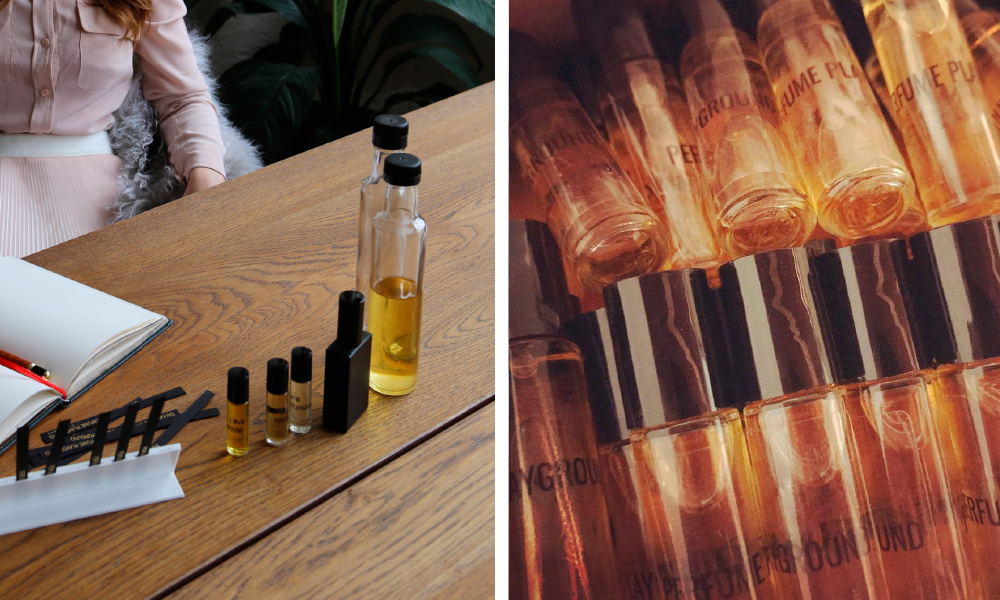
What’s it like working for yourself?
I work the same way whether it’s for someone else or for myself: I’m strategic, ambitious, mostly disciplined, and one for setting goals and over-delivering. The hardest thing has probably been managing cash flow as I’m known for being a spend-thrift!
What are the day-to-day challenges in your work life?
Taking time off has been a recurring challenge throughout my career, and it’s even harder now. When I create fragrances, I wear them day and night, improving on them incrementally. It’s sometimes hard to let go as I’m always thinking up further alchemic directions. What are the rewards? Getting paid to do what I love, including spending more time in nature, travelling to exotic locations, and meeting incredible people who are all doing their bit to bring more light to the world.
How has the change in your professional life made way for personal growth?
The adjustment created space for me to be a beginner again and not know it all, which is a refreshing and fun place to be. Learning the value of money is also something I’m proud of as previously I don’t think I had a true understanding of a dollar. Finally, it’s made me realise that all people, places, and ideas can be your teacher and inspiration if you’re open to it.
What’s your advice to anyone considering a drastic career change?
Ask yourself, if I was going to die tomorrow, what would I do right now? Focus on this new outcome and vision. If you feel fear, get curious, and learn how to manage it. If you don’t know how, ask someone who does — I haven’t met many entrepreneurs too busy to help another out. Be prepared to lose a few friends and have challenging conversations with family, but also find a posse of support people and create a ritual of self-care that will see you through the tough times. Repeat: you’re bold, beautiful, and brilliant! It will be the best decision you ever make.
LISA KING
@eatmylunch.nz | eatmylunch.nz
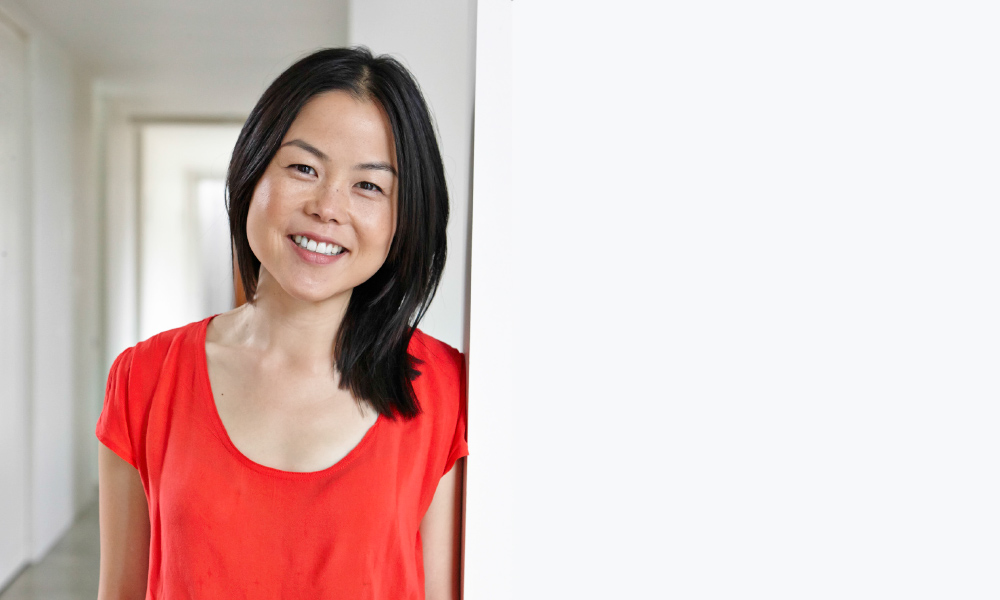
Working in marketing for some of the biggest household food brands in the world, Lisa King (40), was, by her own admission, being paid to sell junk food to the masses. Fifteen years in, and no longer able to ignore the disconnect between her personal values and her professional responsibilities, she decided enough was enough, and left the high-flying corporate arena to found Eat My Lunch, an innovative ‘buy one, give one’ food-delivery service that, for every lunch purchased, provides a healthy and nutritious lunch to a school kid in need. With 1600 lunches made and delivered daily to 48 schools in Auckland, Hamilton, and Wellington, the business has been able to feed over 450,000 Kiwi kids in two years… and with not a chippie packet in sight. Here, Lisa tells us how she made it happen.
How did you wind up working in the corporate food industry?
I studied a Bachelor of Arts and Bachelor of Commerce at Auckland University, majoring in French, Spanish, and international business. I wanted to work for a big multinational with potential to be posted overseas. At the time, the New Zealand Dairy Board (now Fonterra) had a marketing graduate programme with an overseas market focus, so after graduating I spent three years working for them in the Philippines before moving to London and a role at Unilever. I returned home when I became pregnant with my daughter Ella, and I worked for other food manufacturers on and off, including Cadbury, Bluebird, and Heinz Wattie’s.
What made you realise your job wasn’t for you?
The fact that I wasn’t happy feeding my children the foods I was marketing. I was very much about a healthy and balanced diet at home, yet I was marketing salt, fat, and sugar to the public. At dinner parties, my friends and I would actually argue over which of us had the worst job — the lawyer, the one who worked for Coca-Cola, the one who worked for an alcohol company, or me!
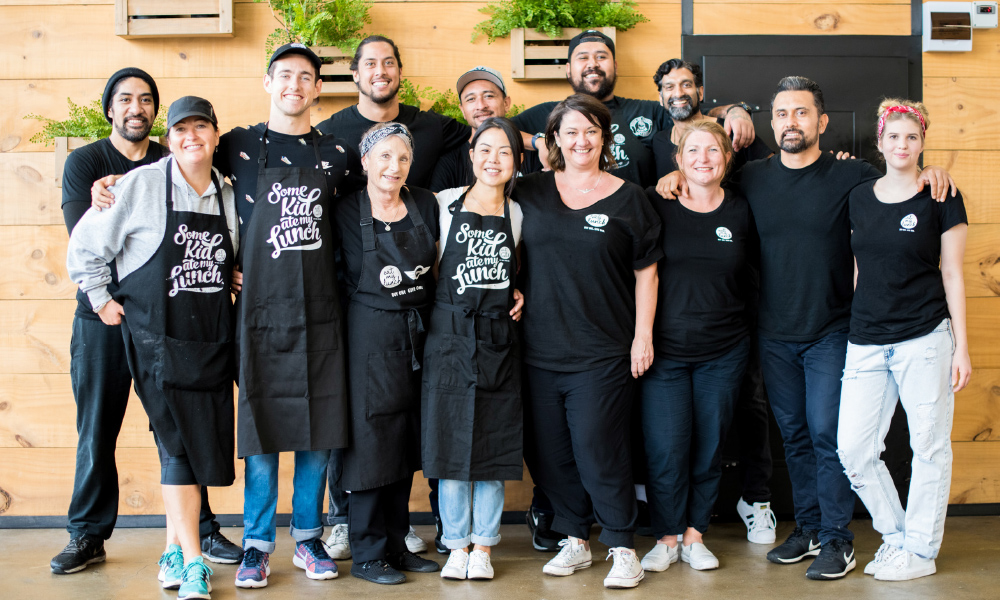
What made you ultimately take the leap and leave?
After thinking up the concept for Eat My Lunch, I entered it into a competition for women with a business idea. Out of 400 entries, it was selected as one of eight finalists. I didn’t win, but with the idea out there I realised if I didn’t do it, someone else would. I was also a couple of years out from turning 40, and given my dad had passed away at 50 I felt a real sense of urgency to do something that I — and my kids — would be proud of.
What’s a typical day for you now?
My team starts making lunches at 5am. I start at 7:30am, bringing in Ella and my son Toby who have to make their own lunches. After dropping them off at school, my day continues — this means meeting with our corporate partners and with the team, reviewing customer feedback, testing recipes, posting on our social media platforms, and every week or so I will do a speaking event. I try to use the evenings to look at our longer-term strategy, structure, and new opportunities.
What made you gravitate towards your new profession?
I’ve always done charity work even when I was working. Having a job that is both commercial and social is the dream.
How did your previous work prepare you for what you do now?
Fifteen years working for large corporates equipped me with commercial acumen, experience in marketing, product development and strategy, and an understanding of customer needs.
What retraining did you have to do?
When you run your own business, there isn’t a lot of time for formalised learning, it’s more about trying things, making mistakes and adapting quickly. Identifying early on what we didn’t know, and surrounding ourselves with experts in those areas, was key. We brought on board Michael Meredith, for instance, whose cooking and recipe development skills have been central to the business.
Is working for yourself what you expected it to be?
It’s the hardest job I’ve ever had — and I was doing some pretty big hours in my corporate life. It occupies your mind 24/7 and the to-do list is always endless. I also didn’t expect to be this attached to the business, but it’s not just work. It becomes your life and those in it (the team, the kids) are considerations in everything you do.
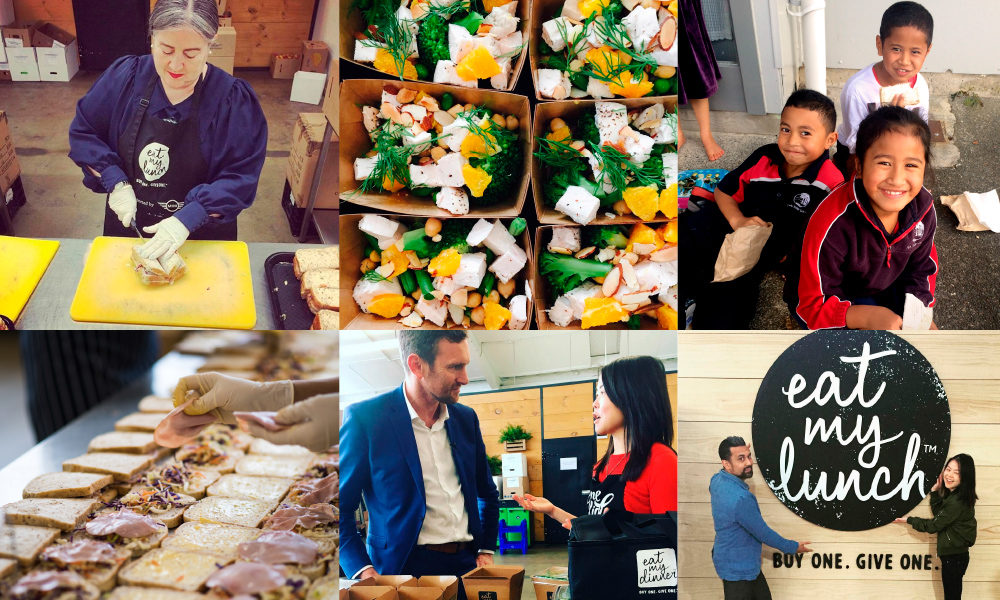 Lisa King is living true to her values, running a business that gives back.
Lisa King is living true to her values, running a business that gives back.
Top left: World founder Denise L’Estrange-Corbet volunteers her sandwich-making services.
What challenges do you face that didn’t factor in your old job?
Fighting the day-to-day fires as well as trying to lift myself above the details and keep an eye looking towards the future.
What are the different rewards?
The autonomy and ability to make decisions and know that you are creating your own destiny is a reward that is rarely found working for someone else. More than anything though, for every single minute and every ounce of energy that I put into Eat My Lunch, there is an outcome. We get to make a real difference to children’s lives and that’s not something I have felt doing previous jobs.
How has the change of scenery in your professional life made way for personal growth?
Like many Kiwis, I was not aware of the extent of child poverty in New Zealand. Eat My Lunch has opened my eyes to the socio-economic spectrum, while the incredible generosity and support from our volunteers, our corporate supporters, and everyone who buys our lunches has restored my faith in humankind.
What’s your advice to anyone considering a drastic career change?
It takes a lot of courage to change careers, especially later in life, but given that we spend so much of our lives working, you might as well do something you love.


